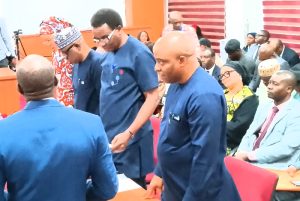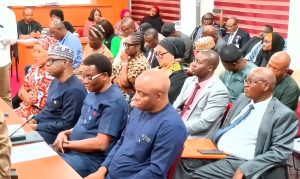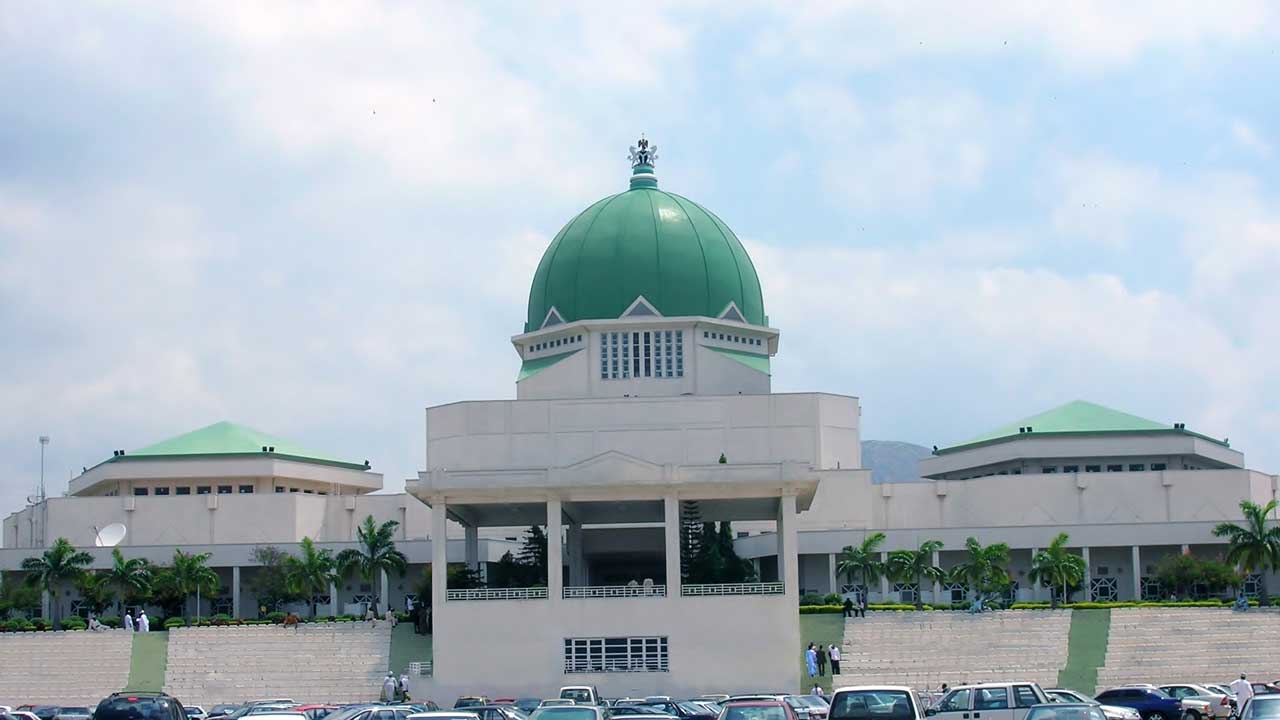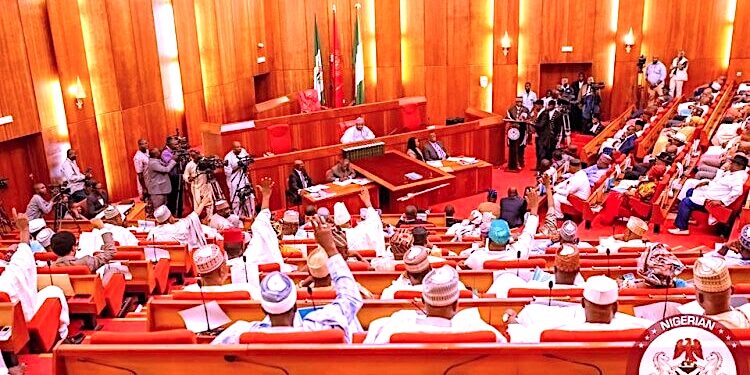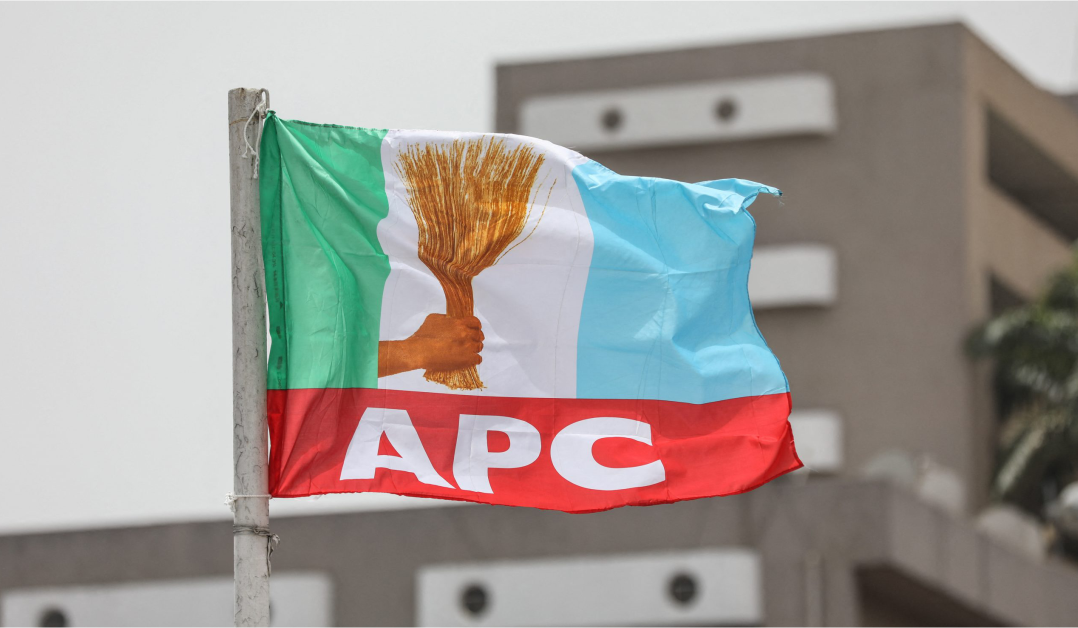By
Ken Harries
In the kaleidoscopic turbulence of Nigerian politics, where discord often drowns out dialogue and egos flare like Harmattan wildfires, the 10th Senate under Senate President Godswill Akpabio has emerged as a lighthouse of stability, reform, and nation-building. Since its inauguration on 13 June 2023, following the proclamation of President Bola Ahmed Tinubu, the Red Chamber has not merely occupied its hallowed halls; it has transformed them into a crucible of progress and a bastion of democratic resilience.
Akpabio, once christened the Uncommon Transformer for his transformative achievements as Governor of Akwa Ibom State, has brought the same audacity of vision into national legislative leadership. With strategic foresight, inclusive diplomacy, and a Nigerian pragmatism that can coax cooperation even from the most unlikely quarters, he has wielded the gavel with conviction.
As the 10th Senate marked its second anniversary on 13 June 2025, the record spoke for itself: 844 bills introduced, 96 passed, and 55 assented to by the President. This output is not merely arithmetic; it is the living pulse of a democracy that works when guided by vision, courage, and resolve.
● Navigating crisis: Fuel subsidy removal
The emergence of Akpabio as Senate President was not a gentle procession but a contest of wills. His victory, forged in the crucible of democratic competition against seasoned heavyweights such as Senators Abdulaziz Yari and Orji Uzor Kalu, testified to his mastery of coalition-building. Partnering Senator Barau Jibrin as Deputy Senate President, Akpabio wove together the allegiance of over 65 senators from across political divides. That foundation of unity, painstakingly crafted, became indispensable in the months that followed.
The first test came swiftly. President Tinubu’s declaration of fuel subsidy removal in June 2023 threatened to ignite a national inferno. Overnight, the pump price of fuel tripled. Families groaned, transport fares skyrocketed, and anger simmered across the land. Nigeria stood on the brink of upheaval. Many feared a collapse into chaos.
Yet it was in this cauldron of crisis that the 10th Senate under Akpabio showed its mettle. Through open plenary debates, robust committee briefings, and nationwide media engagements, the Senate demystified the policy. Akpabio, speaking with the calm authority of a village elder settling a quarrel in the marketplace, reminded Nigerians that the subsidy had become a millstone choking the nation’s future.
Crucially, the Senate did not stop at rhetoric. Working with the Executive, it ensured that the savings, over ₦4 trillion within the first year, were redirected into measures with immediate and visible impact. The Student Loan Scheme opened doors for young Nigerians previously locked out of higher education. Infrastructure projects sprang up from Lagos to Maiduguri, stitching together the nation’s geography. Social welfare programmes, including conditional cash transfers, put money directly into the hands of the most vulnerable.
The results, though still unfolding, are undeniable. Deregulation unleashed price warrant competition, allowing market forces to spur efficiency in the petroleum sector. Supply chains once broken began to stabilise. Private investment, long wary of Nigeria’s fiscal unpredictability, began to return. What could have been a national conflagration instead became a bold step towards renewal, all thanks to a Senate that chose dialogue and decisiveness over dithering.
● Legislative achievements: Reforming Nigeria’s economy
If the Senate’s role in stabilising the polity earned respect, its legislative record secured admiration. Within two years, the chamber introduced 844 bills, passed 96, and saw 55 assented to by the President. This legislative tempo, unmatched in recent Nigerian history, reflected not only productivity but purpose.
The handling of the Tax Reform Bills exemplifies this. Greeted with widespread scepticism and outright rejection when first introduced, they could have derailed public trust. Instead of ramming them through, Akpabio’s Senate paused, listened, and recalibrated.
Extensive consultations with stakeholders, from business leaders to labour unions, produced refined legislation now hailed as a cornerstone of Nigeria’s business-friendly fiscal environment. Today, tax laws are streamlined to encourage enterprise, attract foreign direct investment, and boost government revenue without stifling growth.
The Senate’s oversight responsibilities have also been exercised with unusual vigour. The visit to the Dangote Petroleum Refinery in Ibeju-Lekki was not a ceremonial photo opportunity but a substantive fact-finding mission. Lawmakers scrutinised tax incentives, assessed operational hurdles, and engaged with management on how best to support industrial growth while safeguarding public interest. This pragmatic approach ensured that Nigeria’s legislative framework reflects not only theoretical ideals but the lived realities of its industrial champions.
To be clear, reform has cut across sectors. The Central Bank Act (Amendment) brought stability to the volatile forex market, restoring investor confidence. The National Steel Development Act revived the long-neglected dream of industrial self-reliance, promising jobs, infrastructure, and renewed national pride. The Social Security for Unemployed Graduates Bill, designed to address youth disillusionment, sent a powerful signal that the Senate recognises and responds to the anxieties of Nigeria’s ambitious young population.
In every case, Akpabio’s Senate has shown that reform is not about ticking boxes but about weaving policies that speak to Nigeria’s heartbeat: its people, their aspirations, and their struggles.
● Tackling insecurity: A new approach
No democracy can thrive if its citizens live in fear. Nigeria’s struggle with insurgency, banditry, kidnapping, and farmer-herder clashes has long cast a shadow over national progress. Akpabio’s Senate has confronted this existential threat with both urgency and creativity.
The National Security Summit convened by the Senate was historic in scope and significance. Bringing together security chiefs, state governors, traditional rulers, civil society organisations, and community leaders, it broke down silos and replaced blame with collaboration. The summit produced actionable blueprints addressing not only military strategy but also the socio-economic roots of violence.
Legislation has supported this approach. The Control of Small Arms and Light Weapons Act tightened restrictions on illegal weapons, cutting off lifelines to criminal networks. The Terrorism Prevention and Prohibition Act strengthened the legal framework for combating extremism.
At the same time, the Senate recognised that no arsenal of weapons could substitute for hope. Bills like the Out-of-School Children Education Act sought to close vulnerabilities that extremists exploit. Social welfare and job creation programmes have been expanded to ensure that Nigeria’s vast youth population, numbering over 130 million, becomes a shield against instability rather than a breeding ground for it.
Perhaps the most symbolic act of renewal came with the Senate’s decision to revert to Nigeria’s original national anthem, Nigeria, “We Hail Thee.” It was more than nostalgia. It was a bold statement of unity and rebirth, a call for Nigerians to rediscover common ground in a nation often fractured by ethnicity, religion, and politics. From the creeks of the Niger Delta to the savannahs of the North, the anthem now resonates as a reminder that national identity is as vital to security as soldiers and patrols.
● Global Recognition: An uncommon parliamentary diplomatic institution
Under Akpabio, the 10th Senate has ensured that Nigeria’s legislative leadership resonates far beyond its borders. His election to the Executive Committee of the Inter-Parliamentary Union in 2023, breaking a 59-year absence, restored Nigeria’s presence in the heart of global parliamentary diplomacy.
That reassertion of Nigeria’s voice culminated in July 2025 at the Palais des Nations in Geneva, where Akpabio addressed the Sixth World Conference of Speakers of Parliaments. His speech, “Courage to Legislate, Will to Lead,” was no perfunctory presentation. It was a manifesto of resilience. “Multilateralism must not become a rhetoric. It must rise as a movement of resolve,” he declared, urging parliaments to act as “peace architects” rather than ceremonial scribes. His tapestry metaphor, that when one corner of humanity is torn, the whole fabric weakens, resonated with delegates and reinforced Nigeria’s role as a voice of conscience for the Global South.
At home, executive-legislature synergy has reached unprecedented heights. For the first time in Nigeria’s history, President Tinubu delivered the Democracy Day address to a joint session of the National Assembly. The event not only underscored institutional parity but also saw the presiding officers conferred with national honours.
Far from being a rubber stamp, the Senate under Akpabio has shown that cooperation can coexist with vigilance. The swift passage of the 2024 Appropriation Act, which prioritised infrastructure, healthcare, and defence, exemplified efficiency. Yet the Senate has also pushed back when policies risked overburdening citizens, including on electricity tariff hikes.
Akpabio’s oft-repeated maxim, “Stability is the oxygen of development,” has become the doctrine guiding this balance. By fostering stability at home and credibility abroad, the 10th Senate has positioned Nigeria not only as Africa’s largest democracy but also as a parliament of consequence in the community of nations.
● Towards an uncommon legacy: The 10th Senate’s irreversible impact
Two years into its tenure, the 10th Senate has already etched itself into the annals of Nigeria as a legislature of courage and consequence. Yet the work is far from done. Challenges remain: closing the yawning gender gap in representation, ensuring that anti-corruption oversight translates into enforcement, taming inflationary pressures, and consolidating security gains. The Reserved Seats for Women Bill, under consideration, could be a turning point for inclusivity, while electoral reforms in the lead-up to 2027 could cement the Senate’s legacy as a true vanguard of democracy.
What is already clear is that under Akpabio’s steady hand, the Red Chamber has shed its reputation as a theatre of chaos and embraced its role as a crucible of progress. From stabilising the nation in the wake of fuel subsidy removal to revitalising economic policy, confronting insecurity with wisdom and urgency, and amplifying Nigeria’s global voice, this Senate has laid a foundation for irreversible national renewal.
To demonstrate that his leadership approach is deliberate and well thought through, Senator Akpabio himself declares, “Stability is the oxygen of development, and courage is the compass of leadership. With both, no nation can fail.”
To give honour where it is due, it must be recognised that the 10th Senate is not merely another Senate ensemble. It is an uncommon renaissance. Its work under Senate President Akpabio is already shaping the destiny of a nation determined to rise, ensuring that the 10th Senate’s legacy is not just a chapter in Nigeria’s history but a blueprint for its future.
Ken Harries Esq is an Abuja based Development Communication Specialist
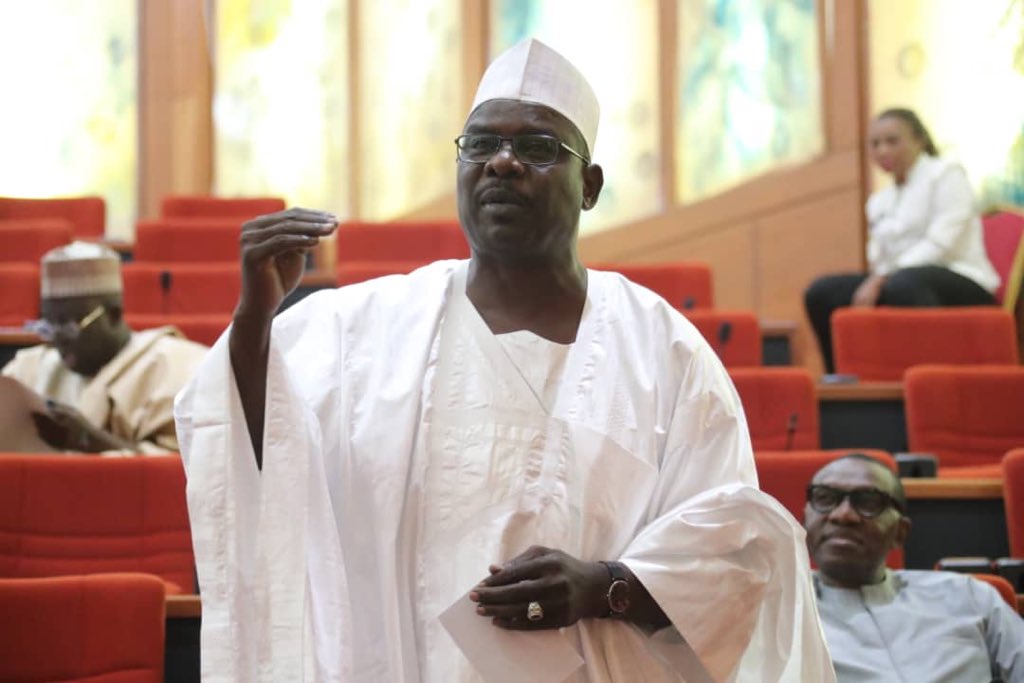
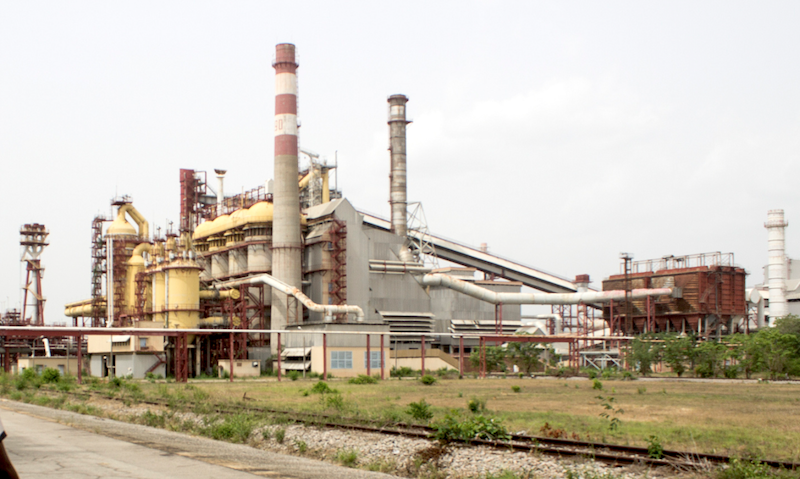
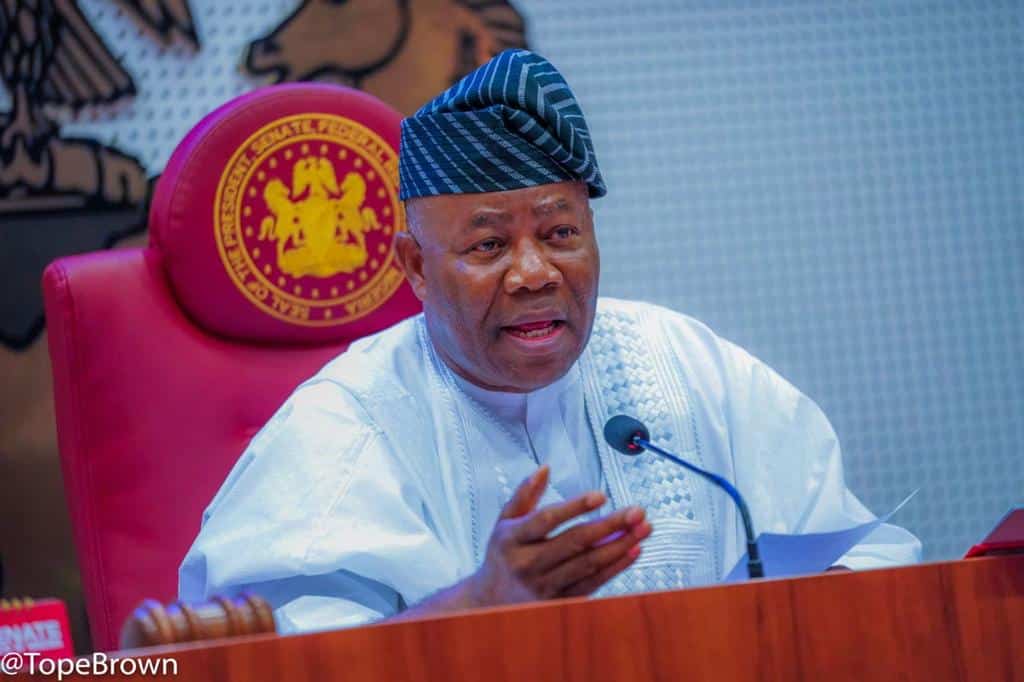
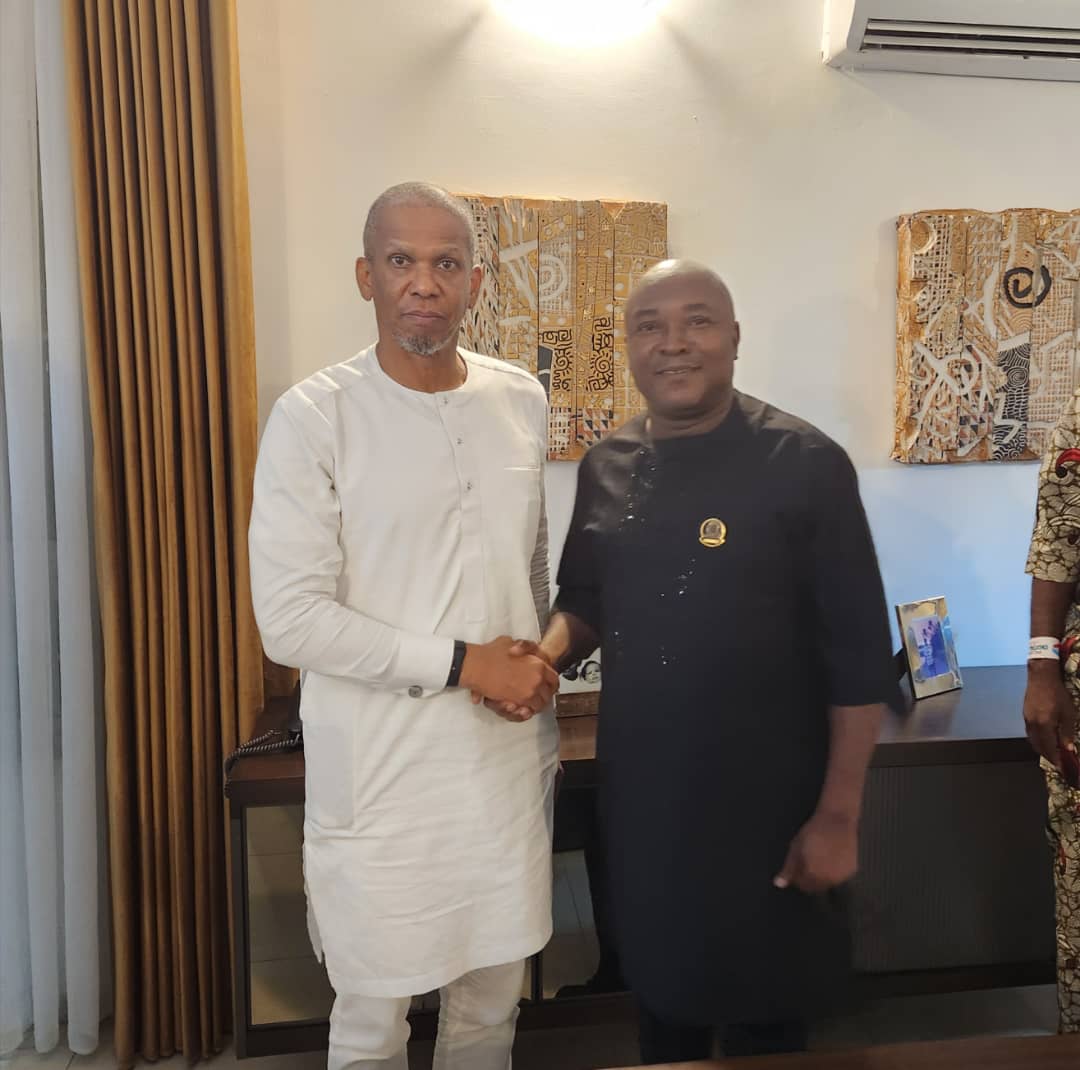

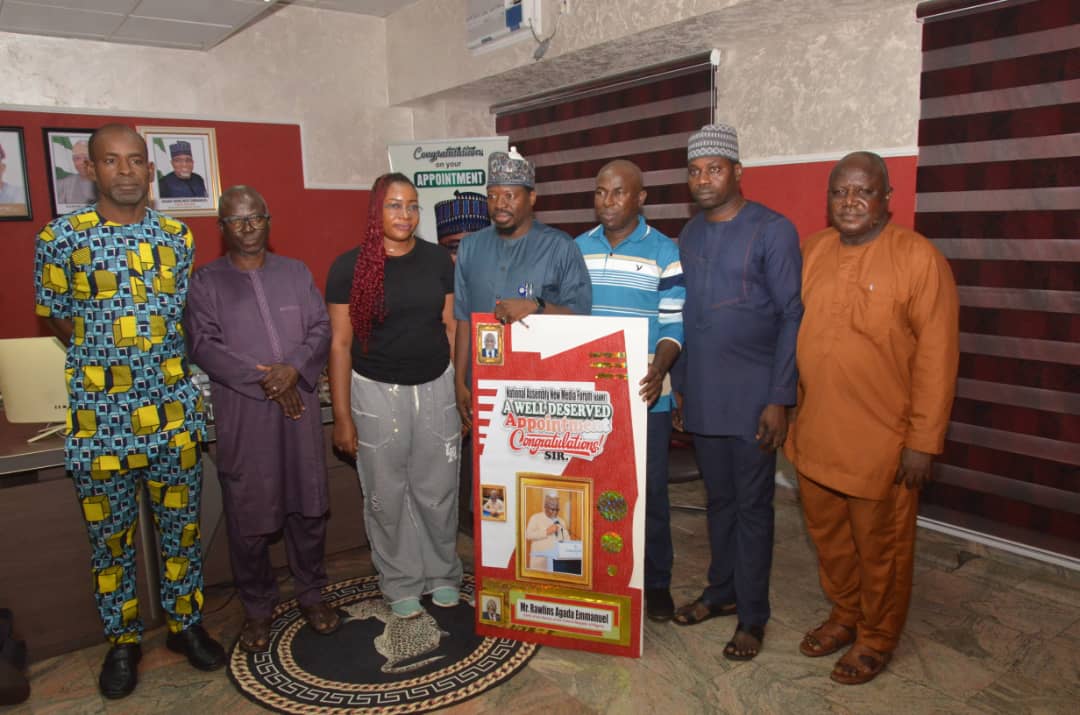
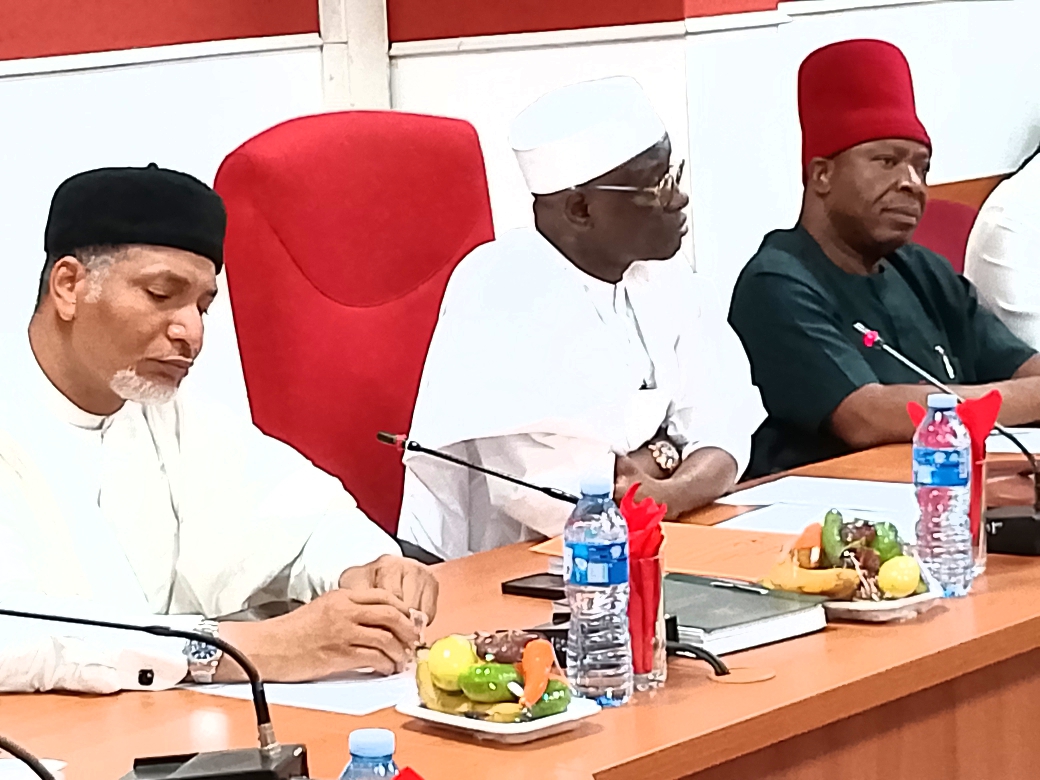
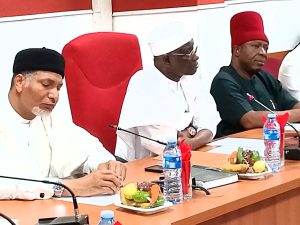 The Group Chief Executive Officer of the Nigerian National Petroleum Company Limited (NNPCL), Bayo Ojulari, came under heavy hammer from the Senate over ₦210 trillion in unsubstantiated financial entries spanning 2017 to 2023.
The Group Chief Executive Officer of the Nigerian National Petroleum Company Limited (NNPCL), Bayo Ojulari, came under heavy hammer from the Senate over ₦210 trillion in unsubstantiated financial entries spanning 2017 to 2023.